Play is important to every child’s life – it’s how they naturally learn, develop and of course, have fun! If you have come across the term "purposeful play" as a way to make playtime more effective, you’re not the only one! What is it? Simply put, purposeful play is play that works for your children! Think of any type of play that is in line with your littles’ developmental growth, but is also meaningful and enjoyable for them. It’s play that nurtures a child’s imagination and is instrumental in helping build key skills such as language, fine motor skills and critical thinking.
So, how can you incorporate purposeful play into your child’s play diet?Just like any diet, a balanced play diet is key and to help you get started, we put together a few simple and effective ways!
1. Choose toys with a … purpose!
Transform your child's play space into a place of engaging fun by introducing toys and activities with a clear purpose. Choose arts and crafts, educational games, puzzles and toys that actively support developmental milestones. At the same time, try not to overcrowd their mind with too many of these, at any given point!
Little tidbit: Our Minilingo Bilingual Flashcards are bilingual learning cards that support language development and can be used for games like memory or snap. 
2. Stay in tune with your little
Observe your little’s interests closely to select activities that will be both engaging and enjoyable. Additionally, understanding where they are developmentally will help you tailor activities that align with what they are ready to learn next.What’s more, if your child faces challenges in a specific skill area, look for fun activities that allow them to practice and improve in that topic. Make sure to always find a balance between stimulating them with activities they are naturally drawn to, and giving them a gentle push in areas they are lacking behind.
Little tidbit: Choosing activities children are naturally drawn to can also be a delightful way for them to discover more about themselves.
3. Embrace creativity
Free play is as important as introducing educational toys with direction and it’s key for kids to nurture their imagination and think outside the box. Whether it's creating something out of anything around them (that empty tissue box is a great place to start!) or making up their own games, creative play is a fun way for children to express themselves and problem solve. Once in a while, get rid of instructions and manuals and let your littles take the lead!
Little tidbit: Our What’s the Story? Storytelling Cards is a storyteller starter kit designed to encourage critical thinking. Here, littles can pick cards from different categories to create topsy-turvy, imaginative stories. Encourage them to look at the cards and make their own rules! 
4. Encourage hands-on play
Remember to move away from screens (as much as possible) and immerse littles in hands-on play! Being actively involved in play and learning while using all their senses allows kids to better absorb, understand and retain new information.
Little tidbit: Hands-on play also encourages multi-tasking through using multiple senses like listening, speaking and touching to explore and learn in their environment.
5. Social interaction
Playtime is also an opportunity for kids to practice playing with others and learn about cooperation and communication. Social and emotional play not only teaches them how to interact with others, but also contributes to relationship-building and emotional understanding.Little tidbit: Our Buddy Jumble Game features 3 interactive games, each focusing on a different skillset. It’s perfect for get-togethers with family and friends and for bringing together littles with dissimilar strengths and interests!
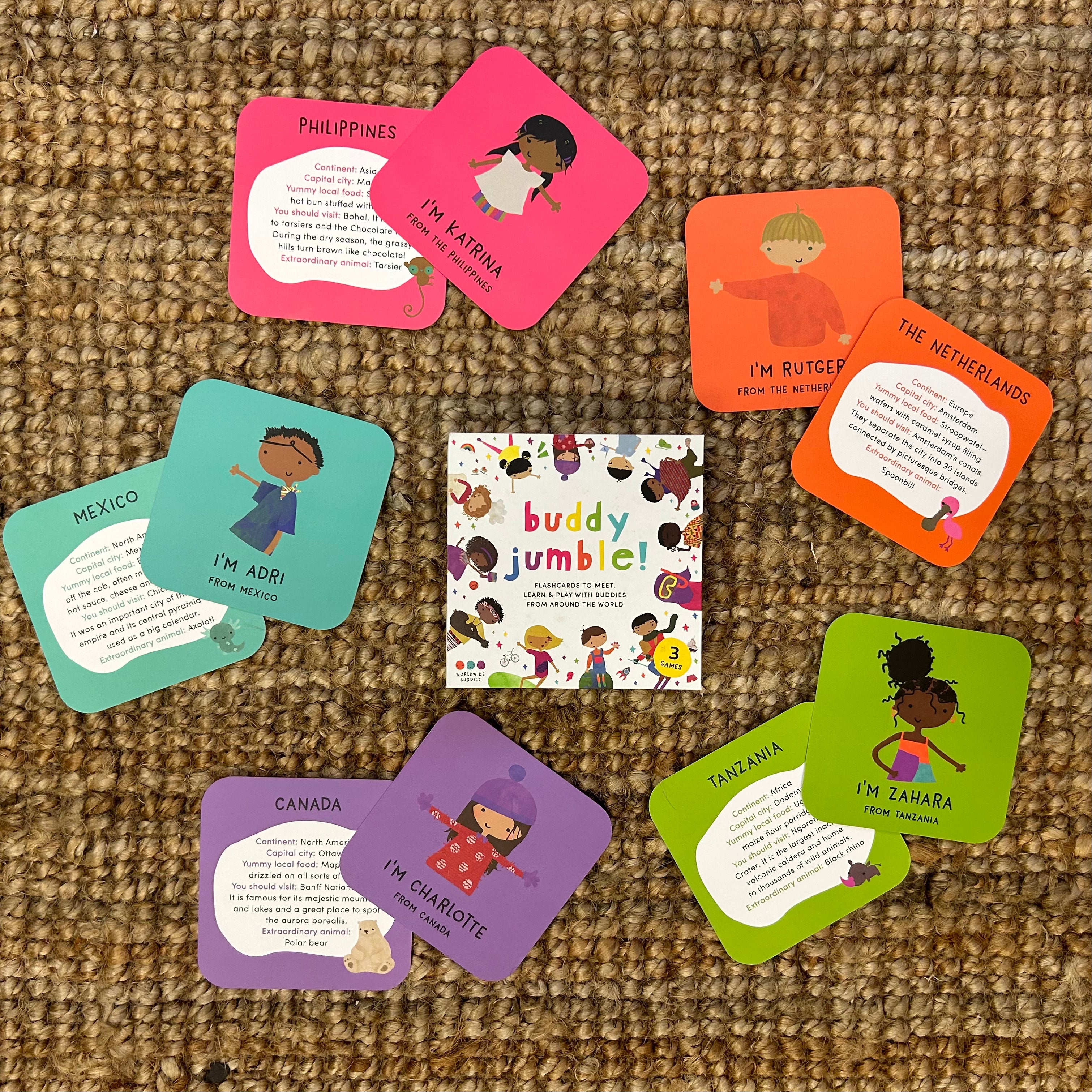
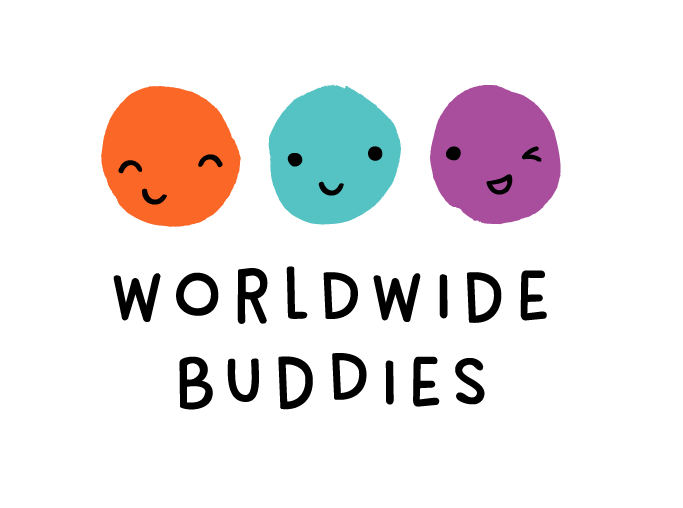
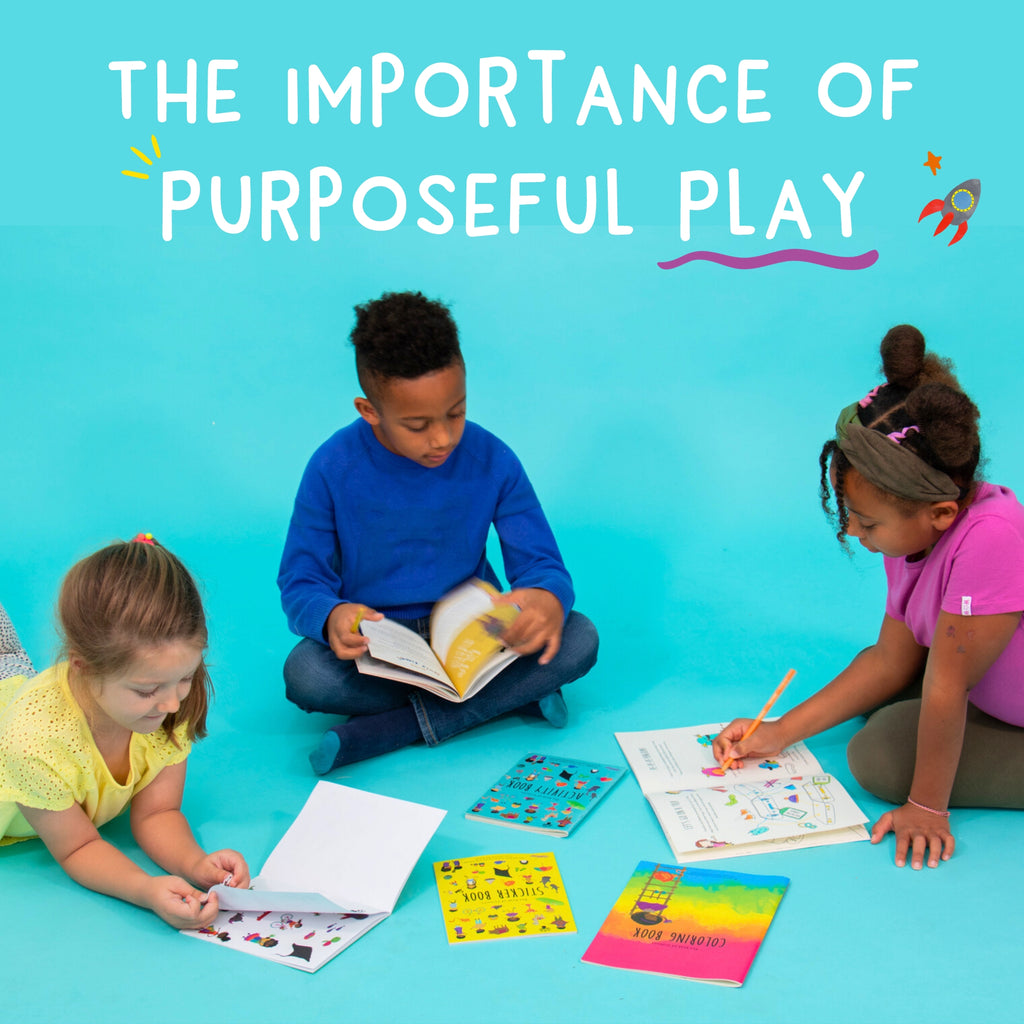
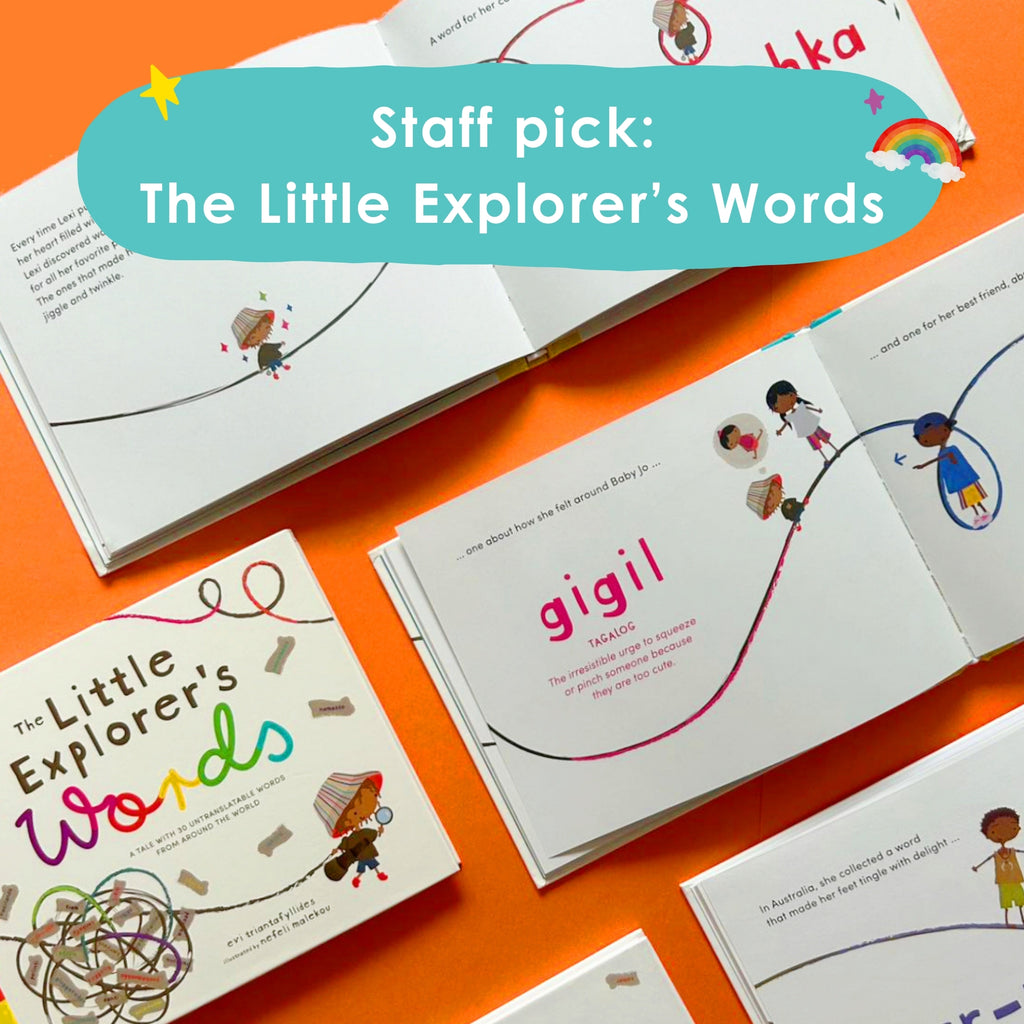
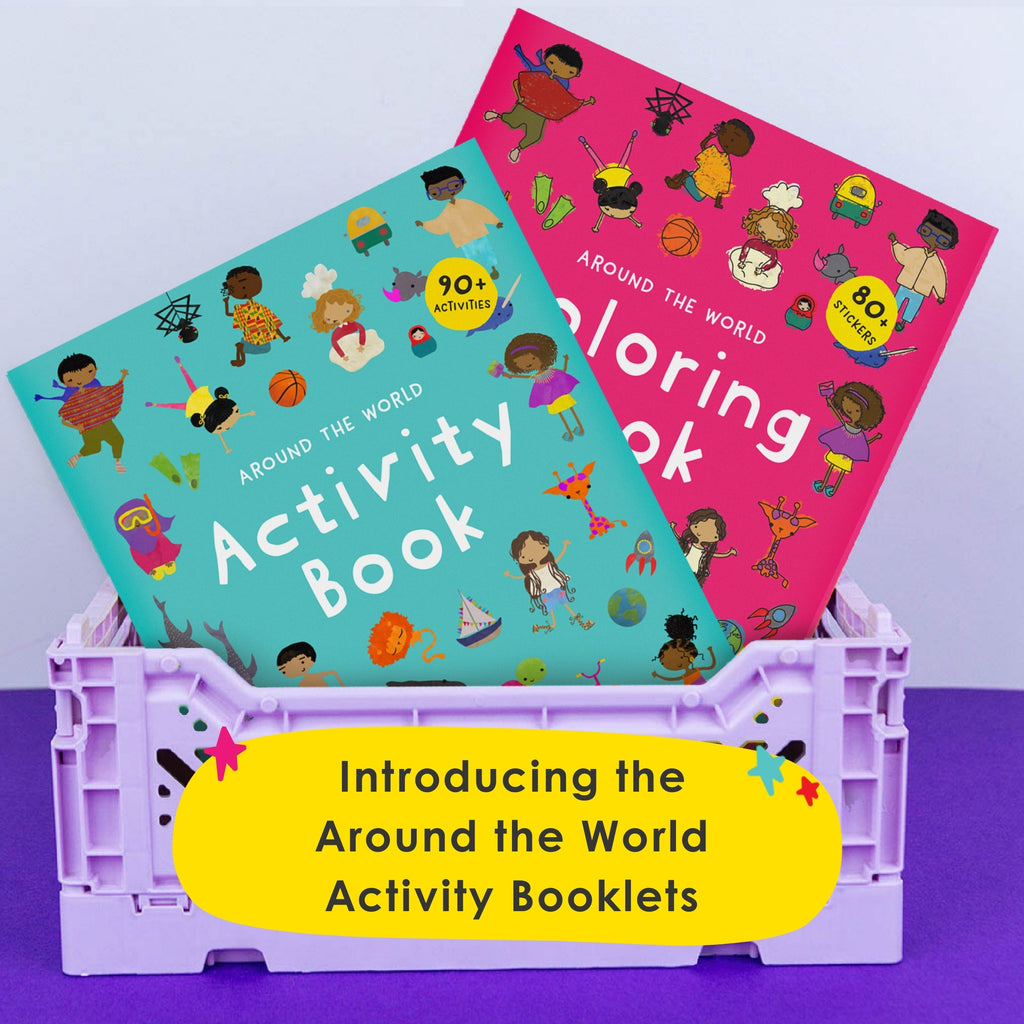


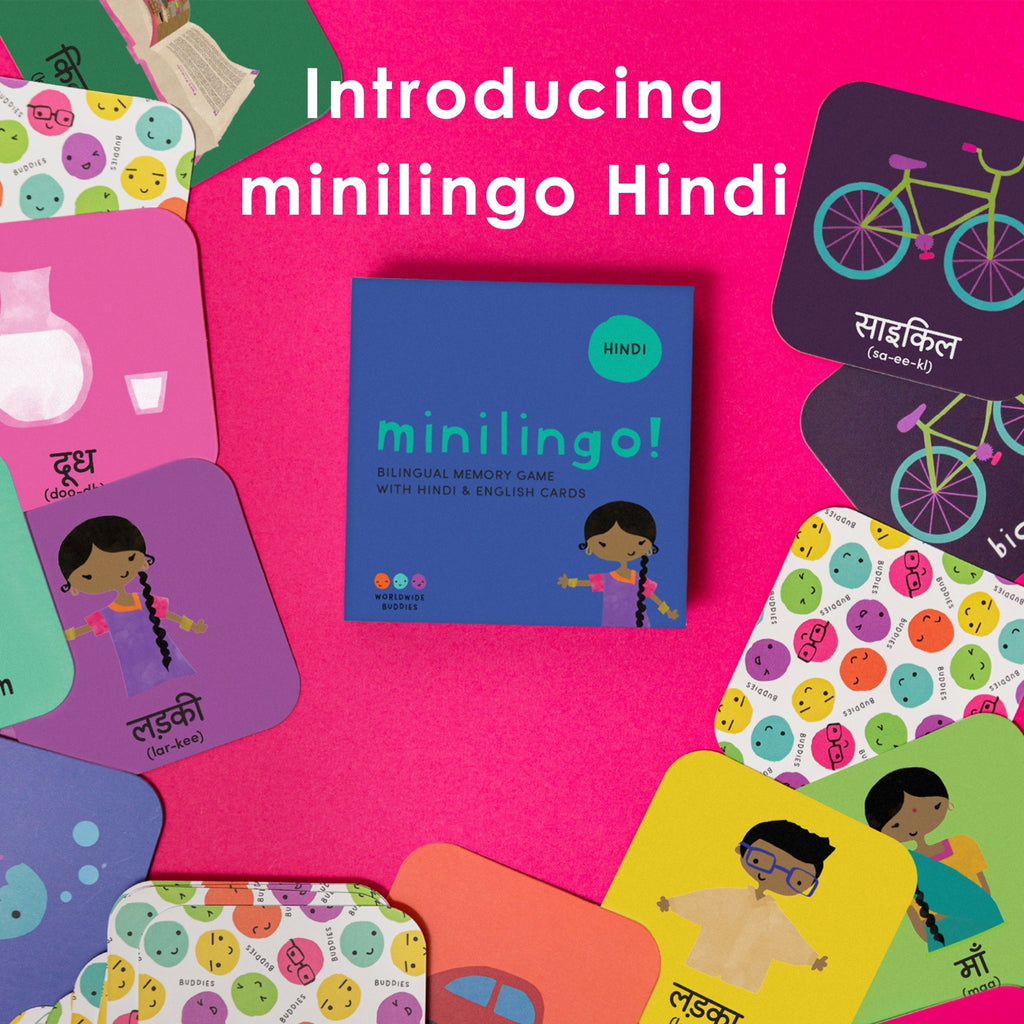
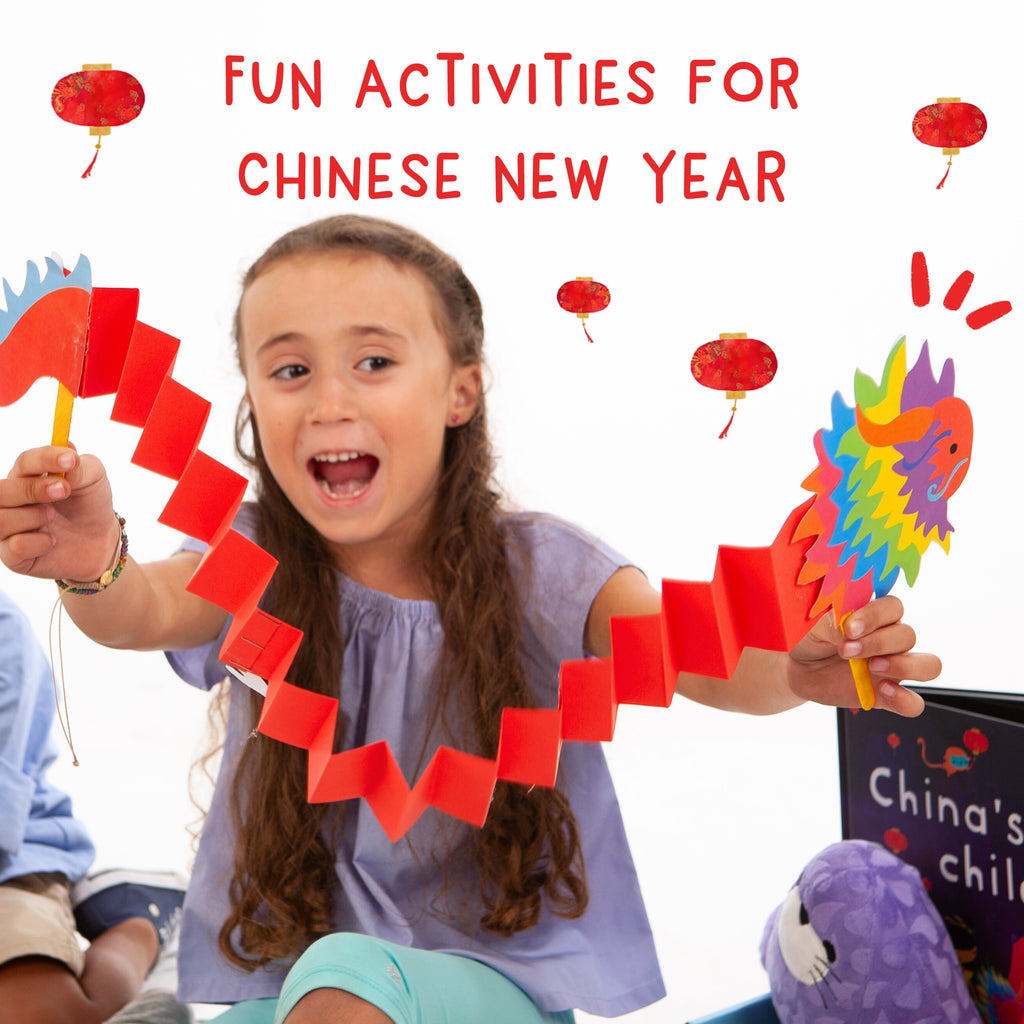
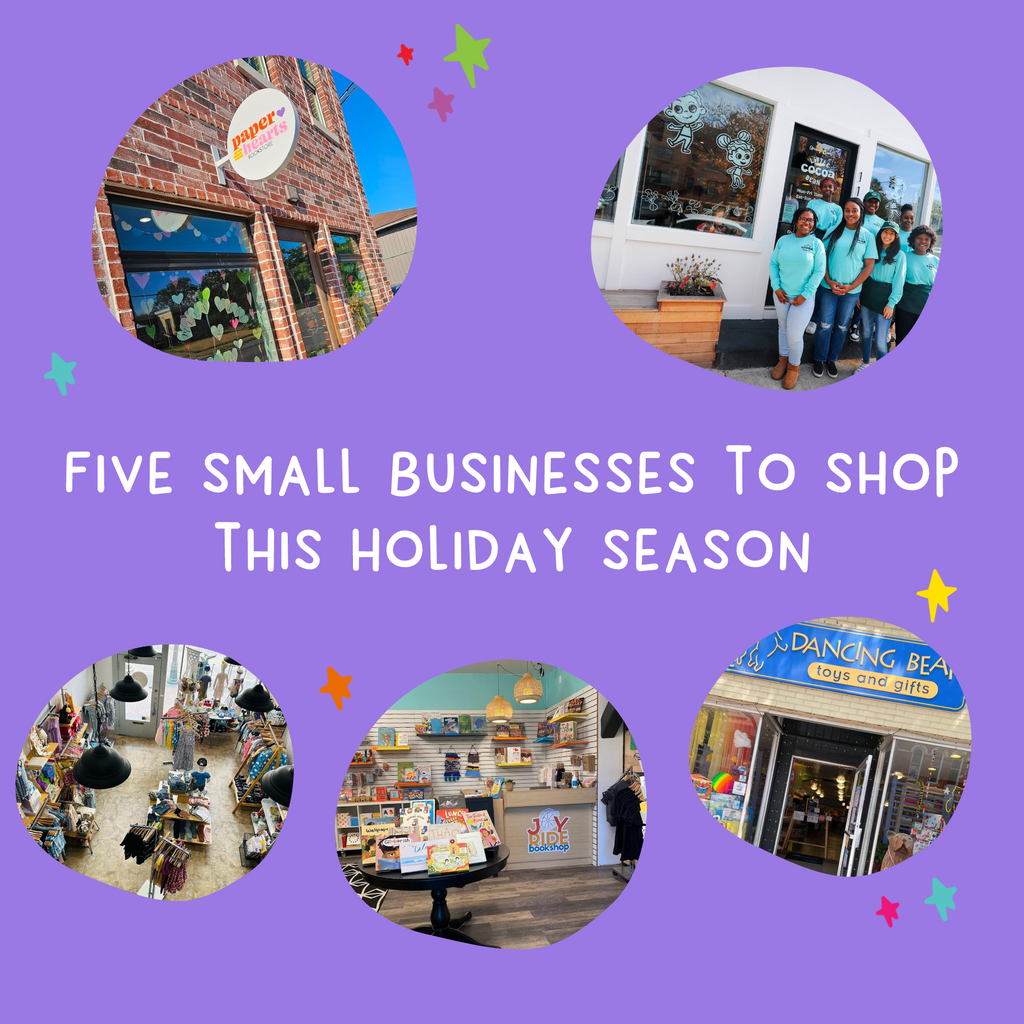

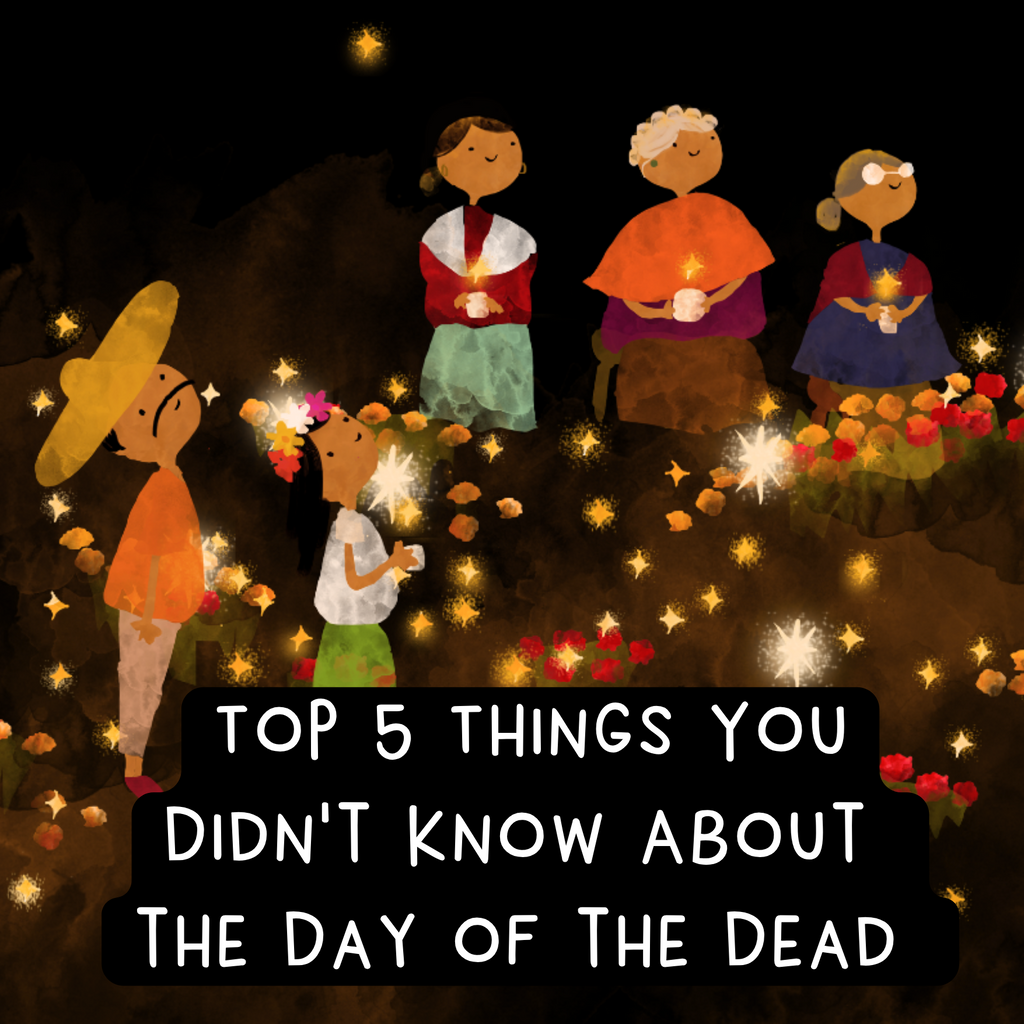
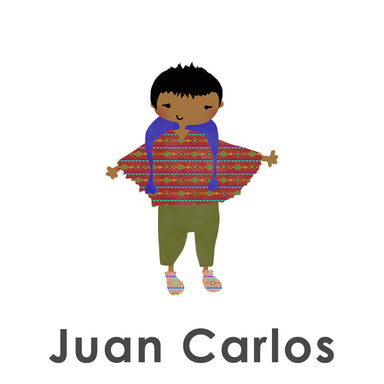
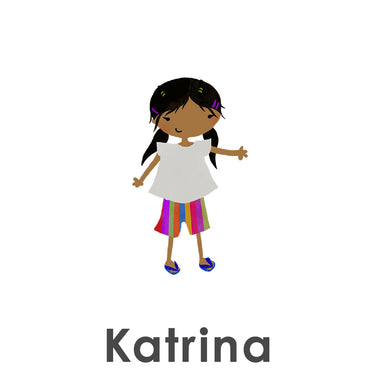
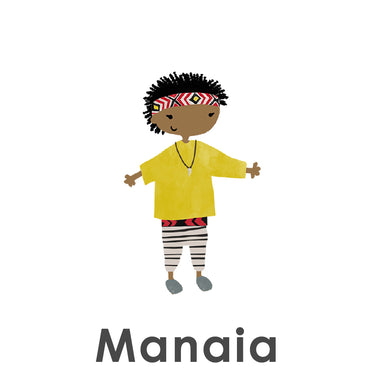
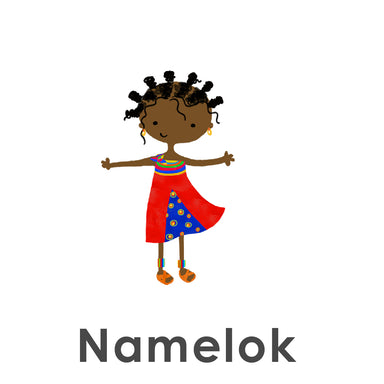
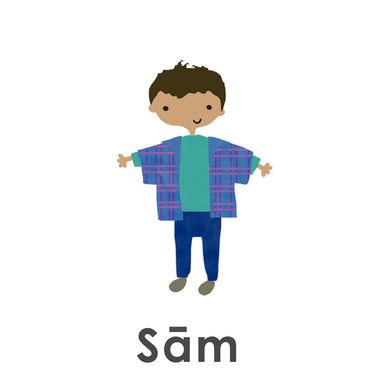
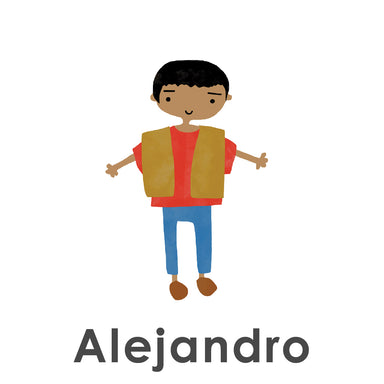
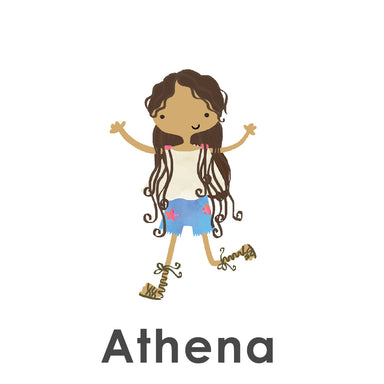
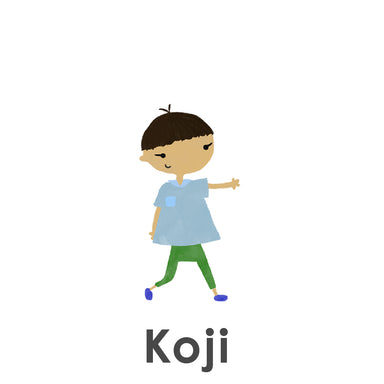
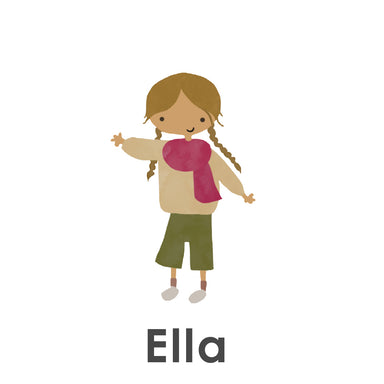
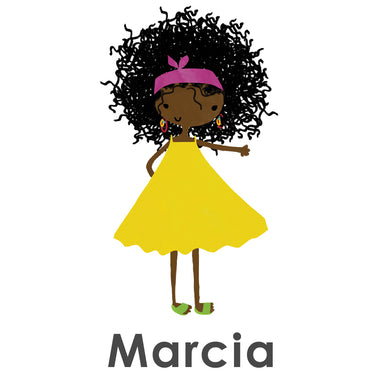
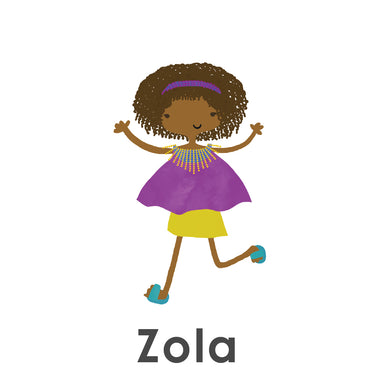
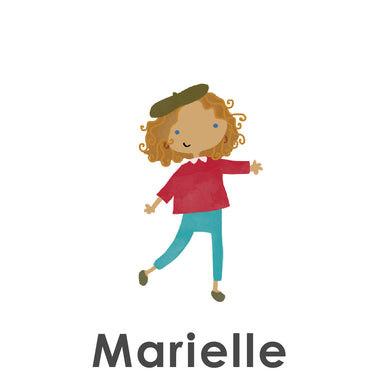
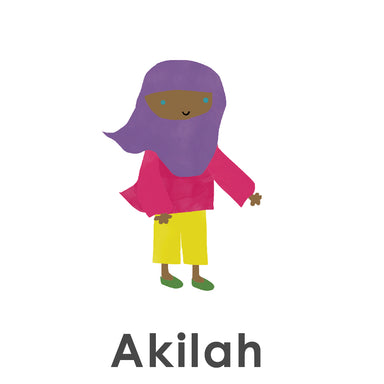
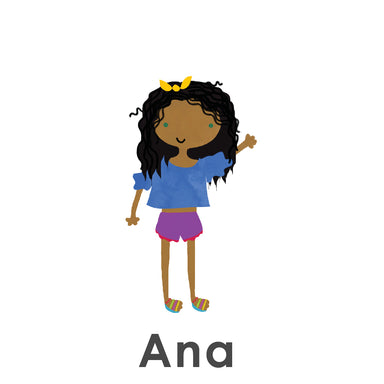
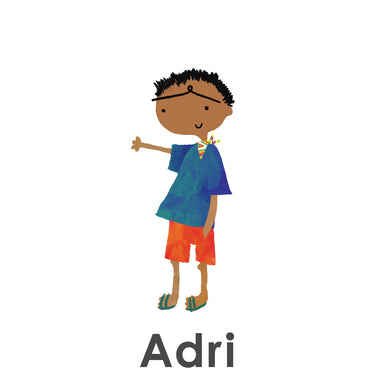

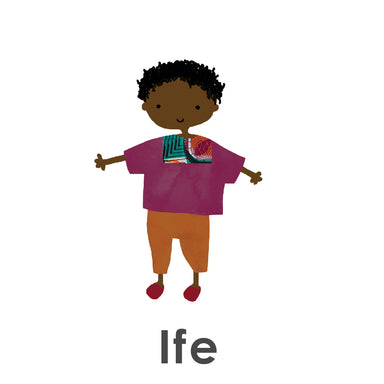
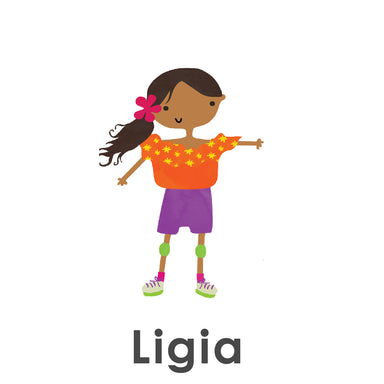
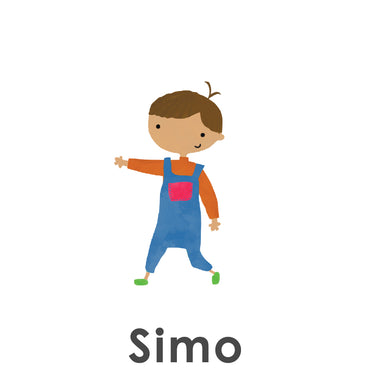
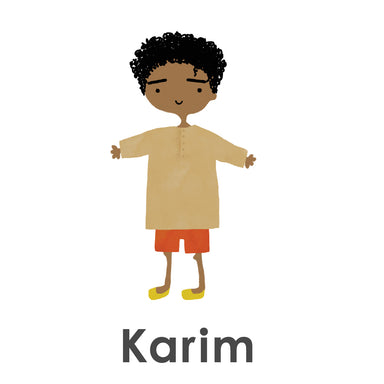
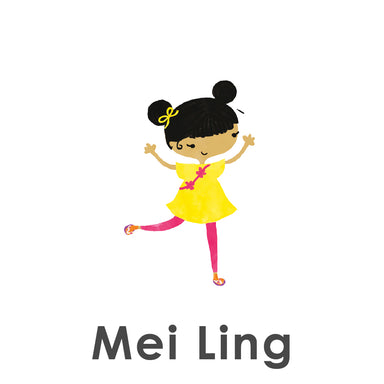
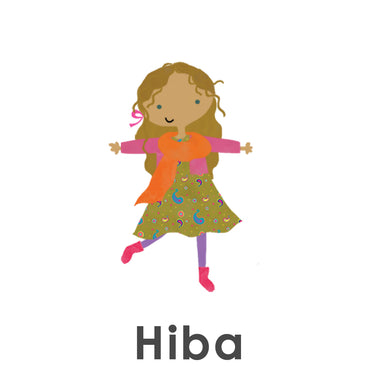
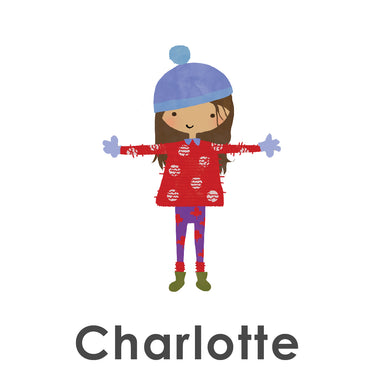
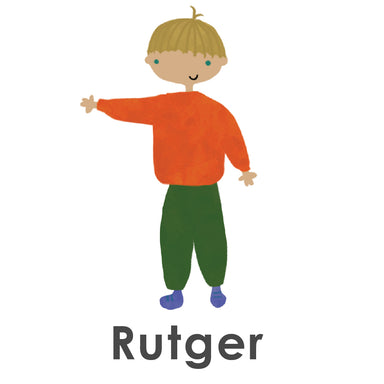
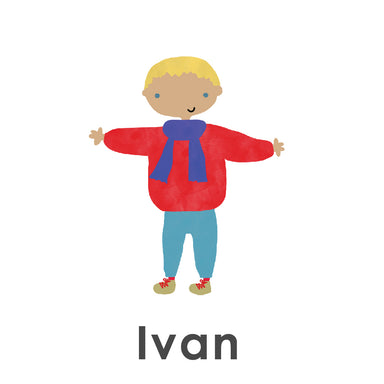
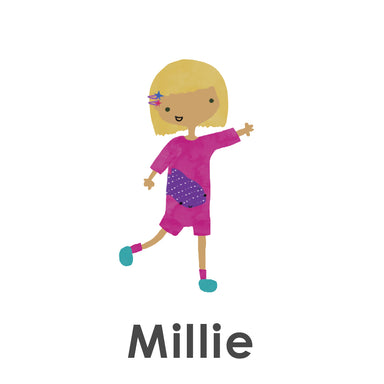
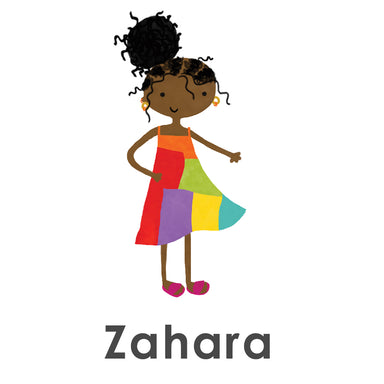
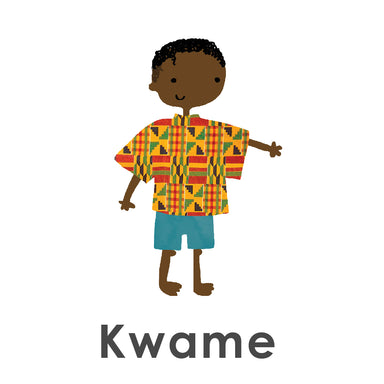
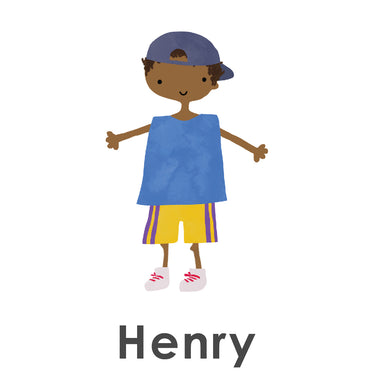
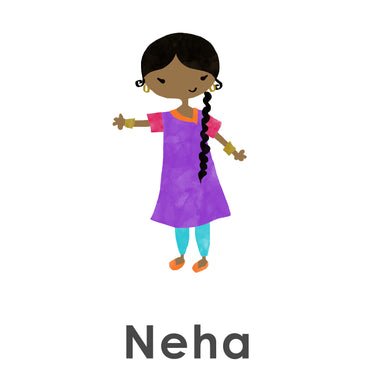
 USD
USD EUR
EUR